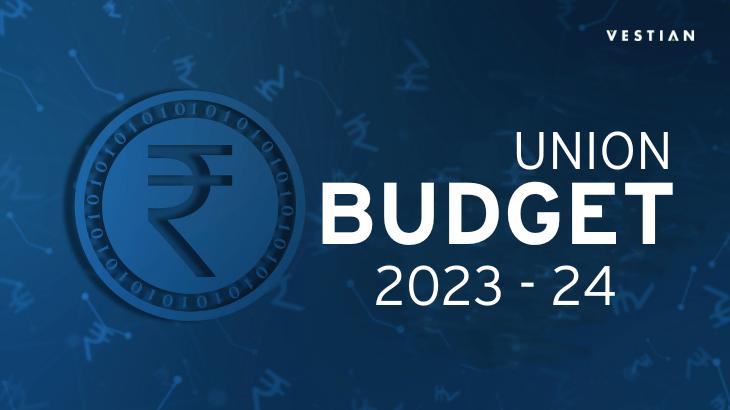The Union budget 2023-24 held much significance, given that several issues required priority consideration, this being a run-up to the electoral year in 2024. Expectedly, it has put increased emphasis on infrastructure, agriculture, green energy, job creation and restructuring direct taxes, in order to boost an economy affected by global slowdown while assuaging voters as well. Investments in infrastructure having a sizeable multiplier impact on growth and employment, the budget increased the capital investment outlay sharply by 33%, to INR 10 lakh crore. Another key highlight of the Union budget was the streamlining of personal tax measures, that would lead to increased disposable income for the middle class, driving up consumer spending.
Furthermore, with the government focusing on accentuating technology-led investments, proposing to reduce cost of compliance and assist stakeholders in private investment in infrastructure – these would essentially enhance ease of doing business. As a supporting initiative, a Central Processing Centre will be established to improve the speed of responses to companies by consolidating the handling of various forms filed with field offices under the Companies Act. Meanwhile, although the budget did not turn up with any major announcements to address the issues of the real estate industry directly, the Finance Ministry continued to uphold the government’s steadfast mission of promoting affordable housing, augmenting the outlay for PM Awas Yojana by 66% to over INR 79,000 crore. The Ministry also announced the establishment of an Urban Infrastructure Development Fund that would aid in creating urban infrastructure in Tier II and Tier III cities of the country, thereby encouraging sustainable new growth corridors.
With India committing to net zero carbon emissions by 2070, green growth formed an important element of the budget proposals encompassing policies for efficient use of energy across various economic sectors. Sustainable development programmes for green fuel, green farming, green mobility and green buildings, amongst other plans, have been proposed, that would eventually help in reducing carbon intensity of the economy and generate green job opportunities. Additionally, the budget announced the extension of date of incorporation, by one year, for income tax benefits to start-ups, strengthening India’s stance as a key global hub for start-ups.
In another vital step, the budget endeavored to empower the digital ecosystem for skilling with the launch of a unified Skill India Digital platform, that would enable demand-based formal skilling. The government continued on its Make in India journey by incorporating the vision of “Make AI in India and Make AI work for India” by way of setting up three centres of excellence for Artificial Intelligence. Top players in the industry will collaborate to carry out research, spanning multiple disciplines, and create innovative and scalable solutions for agriculture, health, and sustainable cities. This will enhance the AI ecosystem and foster the development of skilled professionals in the field, augmenting the country’s talent pool and creating a pull-factor for interested companies. Further, the budget stated its aim to help establish Data Embassies in the GIFT City IFSC for countries seeking digital continuity solutions. Also, the period of tax benefits to funds relocating to the GIFT City IFSC was extended till 31st March 2025.
Thus, despite the absence of a strong real estate sector perspective, the budget has altogether striven to touch upon several key issues impacting the economy and we believe these programmes would further bolster the country’s profile on a global platform.

